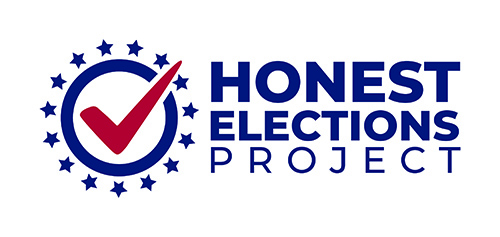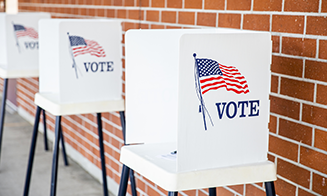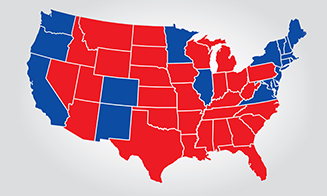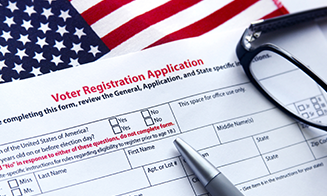From children to prison inmates, enfranchising new voters is really about rigging the system for partisan advantage.
What do children, noncitizens, and incarcerated criminals all have in common? Not much, except that suddenly, a large and growing cohort of partisan activists and politicians are clamoring to give them the vote. In 2019, a majority of liberals in the U.S. House of Representatives, voted to enfranchise 16-year-olds; this year, California may give the vote to 17-year-olds. Candidates are pushing for incarcerated felons—even convicted terrorists like Dzokhar Tsarnaev—to vote from their prison cells. And activists like Stacey Abrams are endorsing noncitizen voting.
It’s no wonder they have latched onto these ideas. By all accounts, these would-be voters—particularly America’s youth—swing further to the left than the electorate at large. Their enfranchisement would instantly tilt the political landscape, giving themselves and their party a huge advantage. Of course, the idea would be no better if the political pendulum swung the other way: Nobody should manipulate the composition of the electorate for partisan gain.
Fortunately, these ideas enjoy scant public support. Teens may be passionate about politics, but they are typically too impulsive, immature, and impressionable to be trusted to vote thoughtfully and independently. Felons, especially violent criminals, are locked away for a reason: they broke the law. Losing the right to vote—not to mention their personal liberty and a host of other rights—is part of the punishment. And noncitizens aren’t necessarily in the U.S. permanently, and may not even be here legally.
Rather than engage with people who disagree with them, many activists seem eager to drown them out. That policy may win short-term partisan gains, but in the long run it will deepen the nation’s political divisions and weaken our democracy. After all, politics are already juvenile enough.



